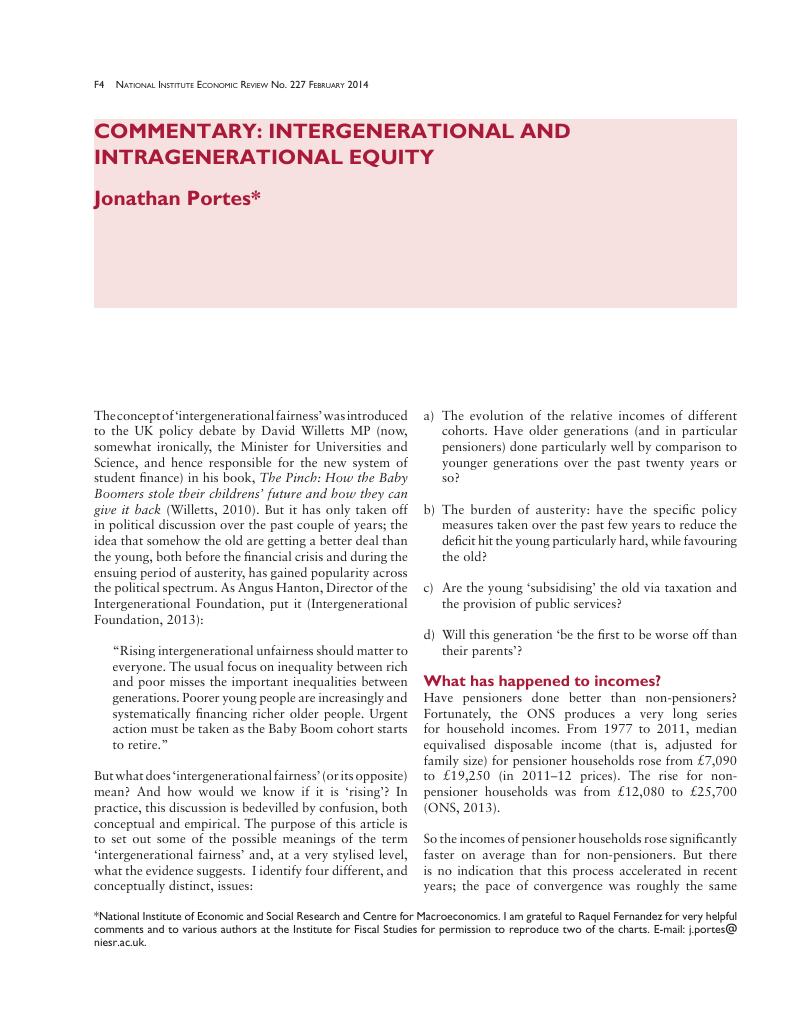Crossref Citations
This article has been cited by the following publications. This list is generated based on data provided by Crossref.
Phillipson, Chris
2015.
The Political Economy of Longevity: Developing New Forms of Solidarity for Later Life.
The Sociological Quarterly,
Vol. 56,
Issue. 1,
p.
80.
Hunter, Garfield Wayne
Vettorato, Daniele
and
Sagoe, Gideon
2018.
Creating Smart Energy Cities for Sustainability through Project Implementation: A Case Study of Bolzano, Italy.
Sustainability,
Vol. 10,
Issue. 7,
p.
2167.
Iparraguirre, José Luis
2019.
Economics and Ageing.
p.
255.
Dubuc, Sylvie
2021.
Reflections on the implications of Equity Release to self-fund ageing in Britain.
Gérontologie et société,
Vol. vol. 43 / n° 165,
Issue. 2,
p.
Ic.
Fletcher, James Rupert
2021.
Age‐associations in British politics: Implications for the sociology of aging.
The British Journal of Sociology,
Vol. 72,
Issue. 3,
p.
609.
Abeysekera, Indra
Manalang, Leah
David, Raul
and
Grace Guiao, Bethel
2022.
Accounting for Environmental Awareness on Green Purchase Intention and Behaviour: Evidence from the Philippines.
Sustainability,
Vol. 14,
Issue. 19,
p.
12565.
Kippin, Sean
and
Cairney, Paul
2023.
Encyclopedia of Public Policy.
p.
1.



